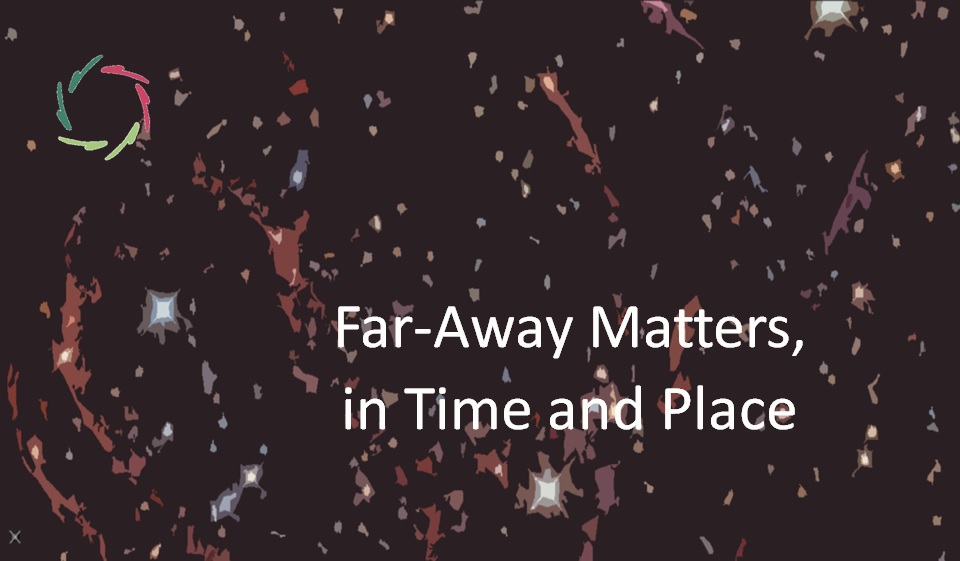The Future of Work in the Context of Societal Inner Dissociation

As the nature of work evolves with technological advancements and shifting societal values, Societal Inner Dissociation (SID) plays a critical role in shaping the future of employment.
The present blog explores how SID affects the workplace, leading to issues like burnout and the erosion of meaningful work. It also considers how organizations and individuals can adapt to these changes by fostering environments that support integration, creativity, and well-being. This blog is part of the *SID* series. Please read the primary blog of this series for a basic understanding of Societal Inner Dissociation (SID).
The impact of SID on the workplace
SID contributes significantly to burnout and disengagement in the workplace. As individuals become more dissociated from their inner values and deeper motivations, their work can start to feel meaningless and draining. The relentless pursuit of external goals – such as meeting deadlines, achieving targets, or gaining promotions – often takes precedence over personal fulfillment and connection. This misalignment leads to chronic stress, exhaustion, and, ultimately, burnout.
As organizations prioritize efficiency, profitability, and scalability, the intrinsic value of work often takes a backseat. Employees may feel that their roles are disconnected from the larger purpose of the organization. This detachment from meaningful work weakens the overall culture and spirit of the workplace, creating an environment where people feel like mere cogs in a machine rather than valued contributors to a collective mission.
Technological disruption
As technology takes over more aspects of work, individuals may struggle to find their place in the workforce, leading to a sense of obsolescence and dissociation. The human element in work, which provides a sense of purpose and fulfillment, can be diminished as interactions are increasingly mediated by technology.
Remote work, virtual teams, and digital communication tools have become the norm ― offering flexibility but also creating physical and emotional distance between colleagues. The loss of face-to-face interaction can lead to a weakening of social bonds and a sense of isolation, as employees miss out on the spontaneous conversations and shared experiences that build camaraderie and trust.
Redefining meaningful work
Encouraging a sense of ownership and involvement in decision-making processes can help employees feel more connected to their work and the broader mission of the organization. When individuals understand how their efforts contribute to a larger purpose, they are more likely to find their work meaningful and rewarding.
By fostering a culture of innovation, companies can help employees tap into their intrinsic motivations and reconnect with the joy of discovery and problem-solving. This also drives the organization forward as creative solutions and new perspectives emerge from a more engaged and integrated workforce.
Creating a supportive environment where employees feel valued and cared for can reduce stress and burnout, helping them maintain a sense of balance and integration in their lives. When well-being is prioritized, employees are more likely to remain engaged, productive, and committed to their work.
The future of work
The future of work requires a shift toward a more human-centered approach, where the well-being of employees is placed at the forefront of organizational priorities. This means designing work processes, spaces, and cultures that support human connection, creativity, and fulfillment. A human-centered approach reduces SID and fosters a workforce that is better equipped to navigate the challenges of the future.
As the nature of work continues to change, the ability to learn and adapt will be crucial. A focus on continuous growth and development can help individuals find new sources of meaning as their roles evolve, empowering employees to embrace change with confidence.
By fostering a sense of belonging and mutual respect, companies can create workplaces where employees feel safe to express themselves and collaborate openly. A culture of trust and inclusion enhances innovation and problem-solving, as diverse perspectives are welcomed and integrated.
In short
The future of work, shaped by technological advancements and societal shifts, is deeply intertwined with SID. To create a work environment that is both fulfilling and sustainable, organizations and individuals must address SID by fostering integration, creativity, and well-being. This way, the workplace can evolve into a space that supports both personal fulfillment and collective progress, reducing SID and enhancing overall societal cohesion.
Lisa is ready for all personal coaching ― of course, without manipulating anyone.


